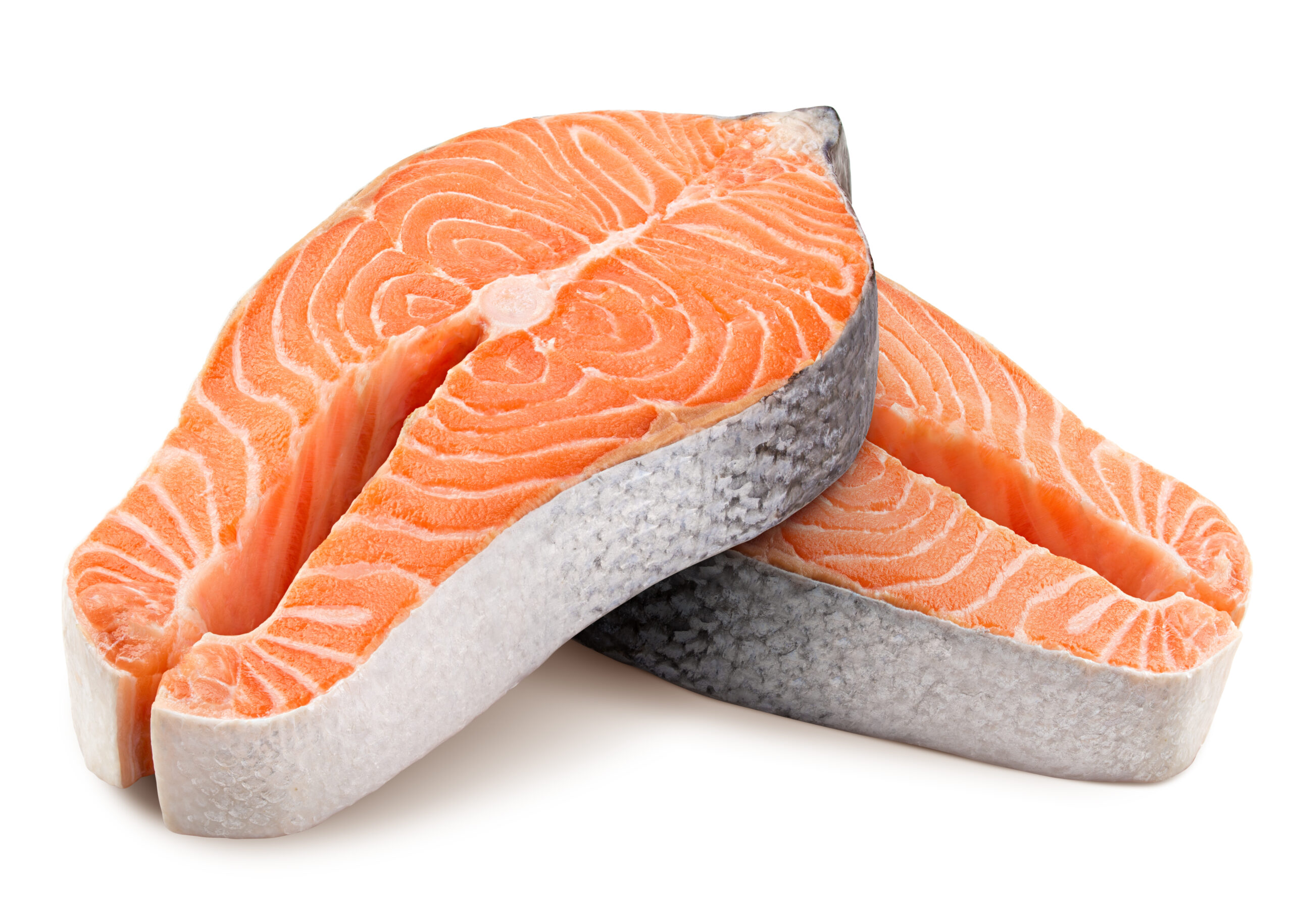The answer lies in the omega 3 fatty acids which oily fish such as salmon and herring are rich in. Fish qualifies as oily if it contains over five per cent fat. ‘From large-scale population studies and studies using supplements, we’ve learned that fish fatty acids can lower the risk of cardiovascular disease,’ says Marianne Geleijnse, professor of Nutrition and Cardiovascular Diseases in the Human Nutrition and Health department.
The main reason fish is healthy is that it contains the unsaturated omega 3 fatty acids eicosapentaenoic acid (EPA) and docosahexaenoic acid (DHA). ‘The human body isn’t good at making these itself, so we need to get them from our diet,’ Geleijnse explains. Most fish is also rich in vitamin B12 and minerals such as iodine, phosphor and selenium. But certain species, such as eels, can be polluted with dioxins and heavy metals. So it is not sensible to eat too much fish, especially during pregnancy.’
Not all studies come up with beneficial effects
Marianne Geleijnse, WUR professor of Nutrition and Cardiovascular Diseases
As for the health impact of oily fish, two mechanisms seem to be at work, says Geleijnse. ‘A low dose of EPA and DHA from a weekly portion of oily fish provides protection against serious heart arrhythmias, which can cause heart failure. And large quantities of EPA and DHA, as found in the traditional diet of the Inuit and the Japanese, reduce the risk of blood clots, arteriosclerosis and high blood pressure.’ ‘The effect of fish and the fatty acids they contain has been studied for a long time,’ says Geleijnse, ‘and among heart patients too. But not all studies come up with beneficial effects.’ According to the Nutrition Centre, one weekly portion of oily fish fits into a healthy diet. But it is no guarantee that you will stay fighting fit.

 Photo: Shutterstock
Photo: Shutterstock 

